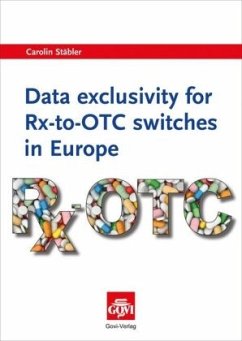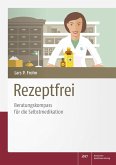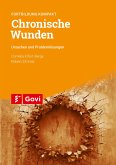Prescription-free medicinal products play an important role when it comes to providing people suffering from self-diagnosable and self-treatable diseases with safe and effective treatment options.
The change of classification of medicinal products for human use from prescription to non- prescription status (commonly called Rx-to-OTC switch) is the key procedure when it comes to innovating and improving self-medication.
The purpose thereof is to provide new and perhaps better options for self-medication, but granting effectiveness as well as safety in the treatment of diseases partly not yet established as a self-treatment option.
While the development of new substances to be used as medicinal products is well standardized, the change to non-prescription status is much less defined, making decisions about how to proceed a process with several confounding factors.
This thesis discusses the legal background for a change of class of prescription products in Europe and regulatory pathways to be considered when aiming for a successful Rx-to-OTC switch. Focus is laid on data exclusivity as a means to control and improve patient behavior and thus treatment outcome.
Options for obtaining data exclusivity are analyzed via post-hoc analysis of some actual cases and proposals are set up how to generate data which reflect patients' needs and knowledge for self-medication more than data derived from prescription use, thus adding new categories of data to be acknowledged as necessary, relevant and new.
The change of classification of medicinal products for human use from prescription to non- prescription status (commonly called Rx-to-OTC switch) is the key procedure when it comes to innovating and improving self-medication.
The purpose thereof is to provide new and perhaps better options for self-medication, but granting effectiveness as well as safety in the treatment of diseases partly not yet established as a self-treatment option.
While the development of new substances to be used as medicinal products is well standardized, the change to non-prescription status is much less defined, making decisions about how to proceed a process with several confounding factors.
This thesis discusses the legal background for a change of class of prescription products in Europe and regulatory pathways to be considered when aiming for a successful Rx-to-OTC switch. Focus is laid on data exclusivity as a means to control and improve patient behavior and thus treatment outcome.
Options for obtaining data exclusivity are analyzed via post-hoc analysis of some actual cases and proposals are set up how to generate data which reflect patients' needs and knowledge for self-medication more than data derived from prescription use, thus adding new categories of data to be acknowledged as necessary, relevant and new.



